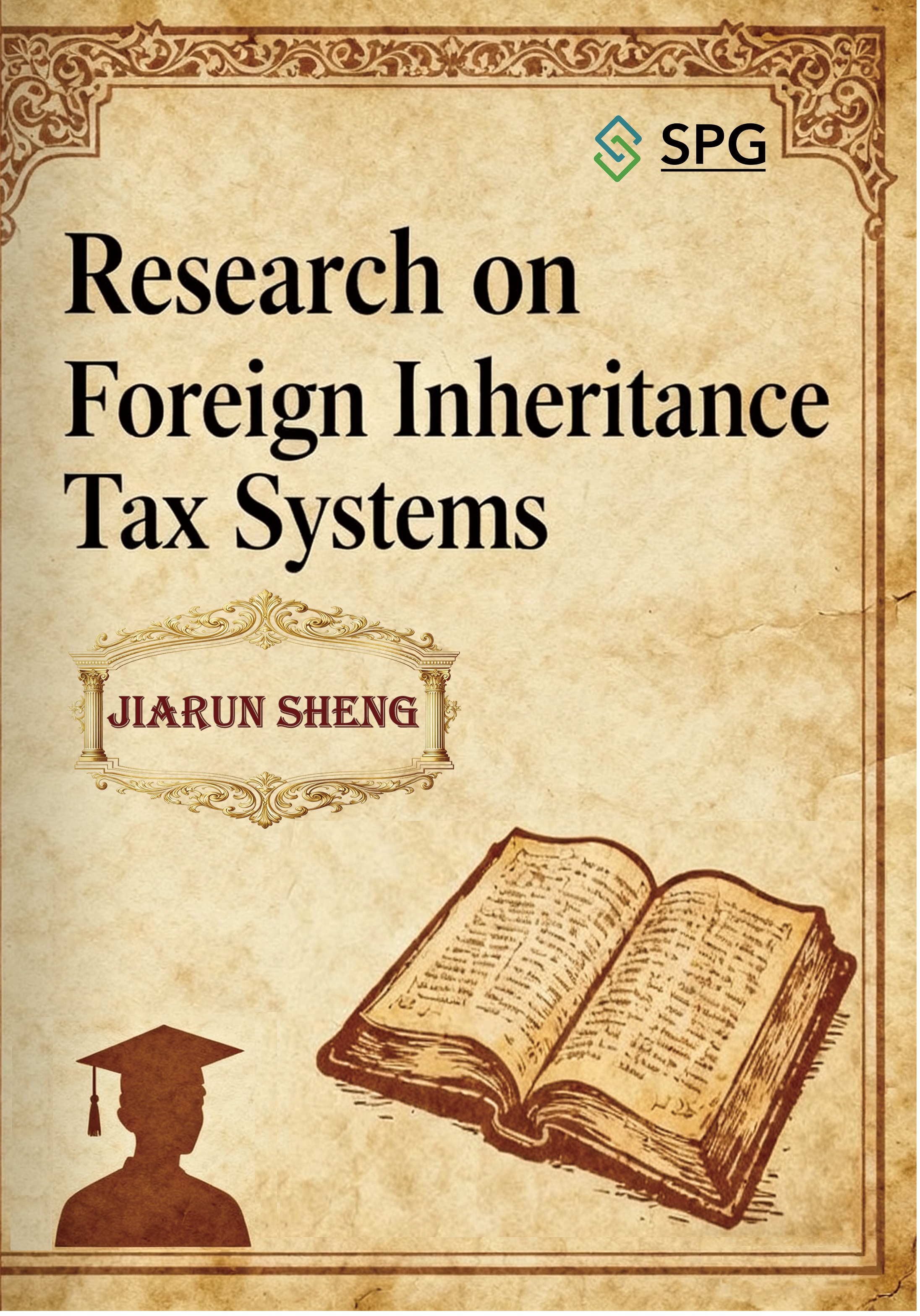
Research on Foreign Inheritance Tax Systems
Published Date: September 28th 2025
Page Length: 661
Language: English
ISBN: 978-1-80053-585-5
Price: £66.30
Introduction
DOI: 10.38007/978-1-80053-585-5
Research on foreign inheritance tax systems must examine their core positioning and developmental context, clarifying that the system is not simply a revenue-raising tool but rather serves multiple functions, including wealth redistribution, balancing social inequality, and guiding the proper inheritance of wealth. Different countries have developed distinct institutional frameworks over their historical evolution. The origins of modern inheritance taxes can be traced back to medieval Europe, when some city-states levied a percentage of inheritance fees to raise war funds or maintain public expenditures. With socioeconomic development and the improvement of democratic institutions, inheritance taxes gradually evolved from temporary to fixed taxes. Between the 19th and 20th centuries, they were widely established in major capitalist countries, becoming an integral part of their tax systems. This process reflected both societal demands for fair distribution and the state's appropriate intervention in the inheritance of private wealth. The differences in the timing, motivations, and initial designs of these systems across different countries laid the groundwork for the subsequent diversification of inheritance tax systems.